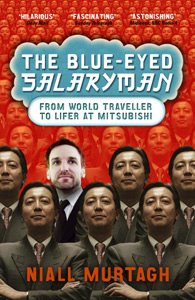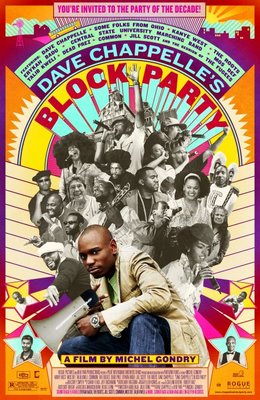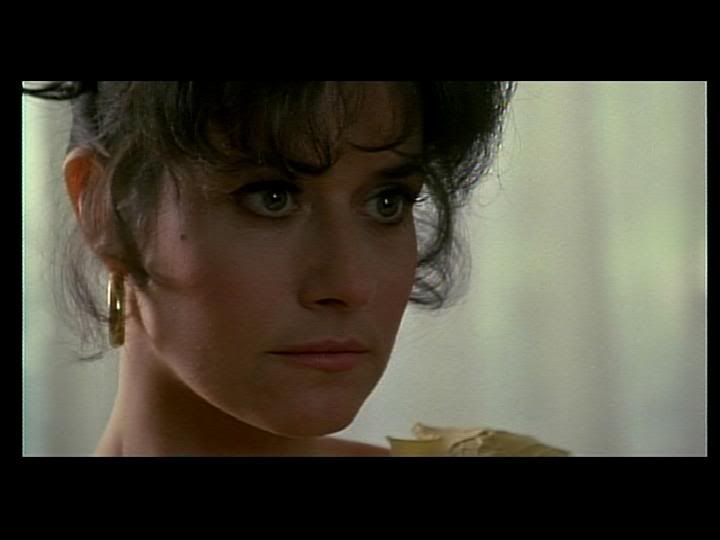
The
Blue-Eyed Salaryman, an engaging account of an Irish man's experiences in a Japanese company has only fuelled my fascination with this strange and intriguing country. Subservise films such as
Visitor Q and
Ichi The Killer portray the Japanese as a violent, weird and subversive race, but these films only sctratch the surface.
Niall Murtagh spent years travelling around the world, sleeping in parks and travelling from Casablanca to Martinique for four months on a cement yacht. When he got the opportunity to study on a foreign student programme, he went back to Japan and then studied for a phD at the Tokyo Institute of Technology. After that, he went to work for Mistubishi, one of the oldest and most traditional corporations in Japan.
Salaryman is a Japanese term for white-collar worker and is associated with long working hours, low prestige in the corporate hierachy and sometimes even death from overwork. It has obvious negative connotations; one of my Japanese students who is a lawyer recently sneered at the idea of being a salaryman. The female equivalent is an OL
(Office Lady).When Murtagh started work, he was amazed by the huge rule book that he, and every new Mistubishi employee had to read. He learnt amongst other things, that good employees do not walk around with their hands in their pockets and each employee, man or woman, has a 'man-number' which should be worn at all times.
Murtagh who is called 'Murata' by his Japanese colleagues, struggled at first to get used to the bizarre rules when he was told he couldn't cycle to work unless he had a permit and then was reprimanded when he was spotted by a security guard leaving it round the corner of the building. Music marks the end of the working day, with another song marking the beginning of overtime. He was once even told off for sitting in the wrong place on a business lunch as the youngest or lowest in command should always sit nearest to the door.
When a colleague invited him for dinner, it was planned 10 weeks in advance with the following note:
Schedule for Murata-san's visit to my houseDate: 25 AprilTime: 5.00pmMeeting Place:Okurayama Station. Please wait at the central exitIf it is fine, we will walk for ten minutes to my house.If it is raining, I will pick you up in my car.Visiting time: 5.10 to 8.50Return
to station by 9.00Catch 9.04 train.However, they do enjoy themselves once in a while with an afterwork
konpa where they apparently get absolutely sloshed, let off steam and talk about things they wouldn't normally dream of talking about at work. "You can say almost anything at a
konpa because all will be forgotten the next morning".
My Japanese student always greets me with a stern "Hello (insert name here)" and a 'let's get down to business' attitude, but halfway through the lesson when he feels more relaxed, he opens up and starts talking animatedly about other things, usually football. I'm fascinated by this behaviour and find it endearing. It's almost English in a way, but a bit more exaggerated in the way that we can't seem to be honest without a few drinks down our necks.
Murtagh had only intended to work for Mistubishi for a short period but eventually he married a Japanese girl and ended up staying and working as a salaryman for 14 years. I'd love to visit Japan one day and spend months travelling around, although it'd be a real culture shock and would take me a while to get used to their ways. Bowing to people and not being able to blow my nose in public might be a bit strange, but I could certainly get used to slurping my noodles very loudly.
 Tag, I'm it! Compliments of Susan in Italy
Tag, I'm it! Compliments of Susan in Italy





 As I've mentioned before, we've been having a lot of fish recently as the fishmonger is only a few steps away. Everytime I walk past, I stare through the window and watch the glassy eyes staring back at me as I contemplate which fish to try next. Fish is so summery, it reminds me of Italian holidays where we'd watch my Uncle's brother from the beach as he'd catch grey mullet from the pier and eat his catches that same day, and Thailand where delicious big red snappers were grilled on an open barbecue.
As I've mentioned before, we've been having a lot of fish recently as the fishmonger is only a few steps away. Everytime I walk past, I stare through the window and watch the glassy eyes staring back at me as I contemplate which fish to try next. Fish is so summery, it reminds me of Italian holidays where we'd watch my Uncle's brother from the beach as he'd catch grey mullet from the pier and eat his catches that same day, and Thailand where delicious big red snappers were grilled on an open barbecue.










